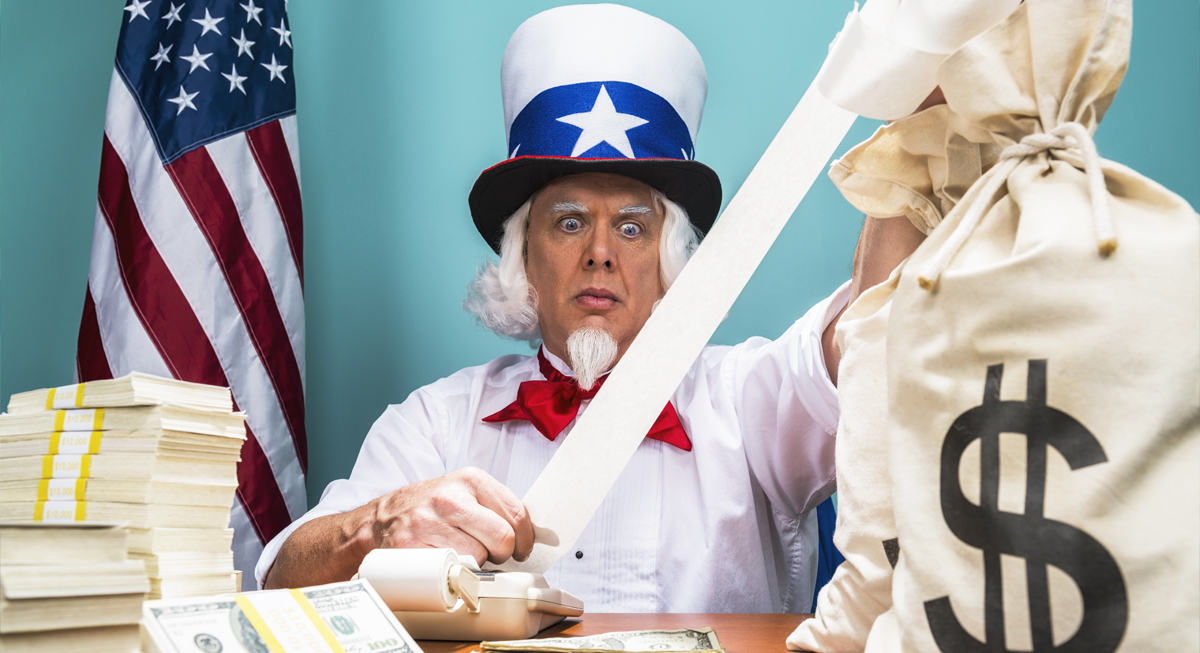Over the years, several high-profile companies have been caught engaging in deceptive practices, from false advertising to hidden fees. These scandals cost them millions in fines and settlements and compelled them to embrace more transparent and ethical business practices. Here's a look at companies that were held accountable and what changes they implemented to regain public trust.
Visa & MasterCard
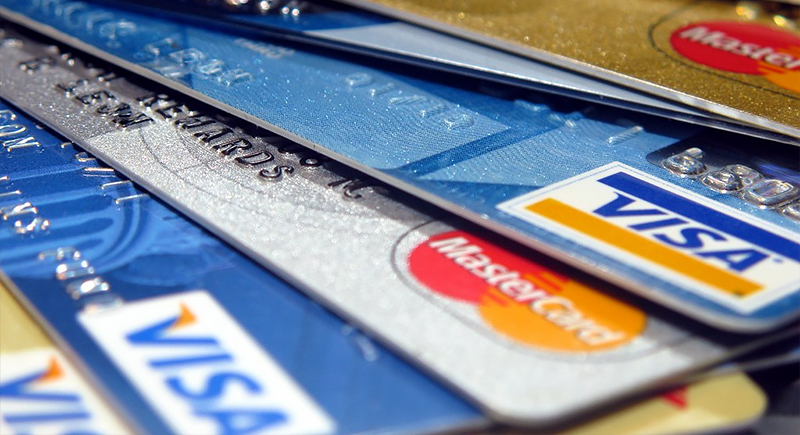
Credit: flickr
Visa and MasterCard once charged hidden fees, including a fixed swipe charge, inflating costs for consumers. Following a detailed investigation, they were caught. In 2018, they paid over $6 billion in settlements and fines. Now, they've made fees transparent, ensuring fair pricing. Their shift toward honesty restored trust among American customers.
Danone
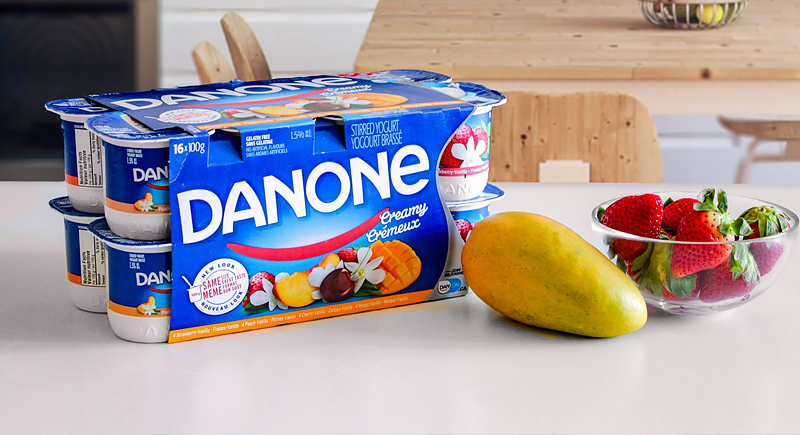
Credit: Facebook
Danone falsely claimed its yogurt had super health benefits and sold it at a markup of 30%. After product assessments, the FTC discovered the fraud, leading to a $45 million settlement in 2010. They stopped making exaggerated health claims and now follow strict advertising guidelines.
Airborne
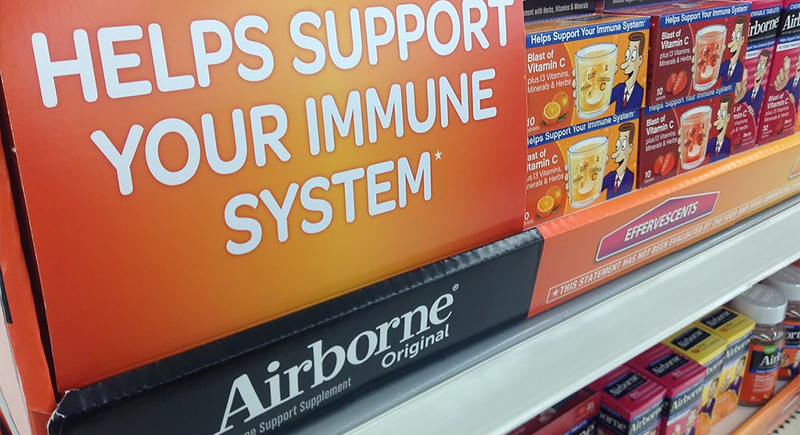
Credit: flickr
The company falsely marketed its supplements as cures for a variety of health issues. However, it was proven that they did not treat any condition, attracting a $30 million fine after being sued. The company was forced to revamp its marketing strategies. It's no longer making unverified health claims.
Loblaws
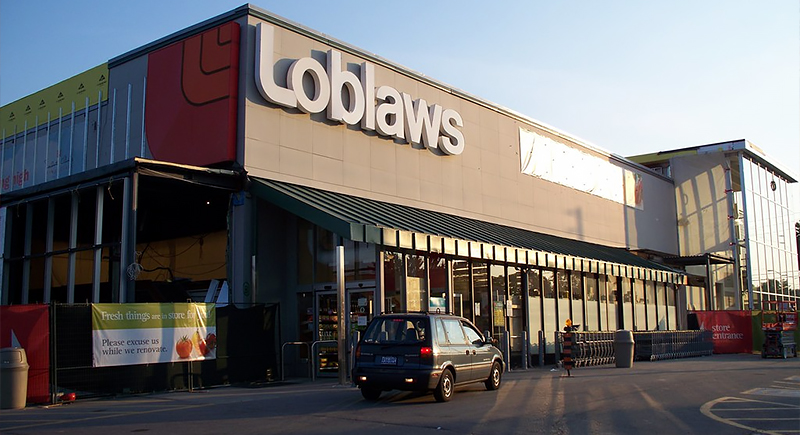
Credit: flickr
The firm was involved in a bread price-fixing scandal, inflating prices for over a decade and making over $5 billion in profits. They admitted culpability in 2017 and offered $25 gift cards to affected customers. They've since implemented robust pricing regimes to avoid future misconduct and rebuild consumer trust.
Takeda Pharmaceutical Company
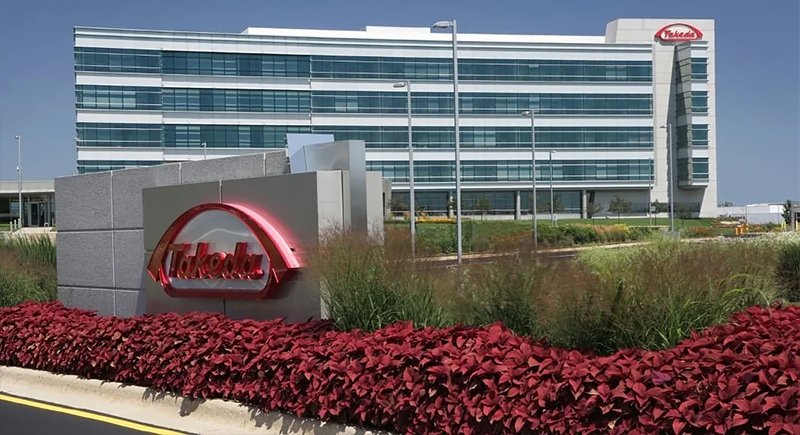
Credit: Reddit
Takeda concealed the cancer risks of its diabetes drug, Actos. After the discovery of its misconduct, it was sued by several victims. The company was compelled to pay $2.4 billion as a settlement for lawsuits. It has improved its transparency in drug safety communications, prioritizing patient health and ensuring compliance.
Enron
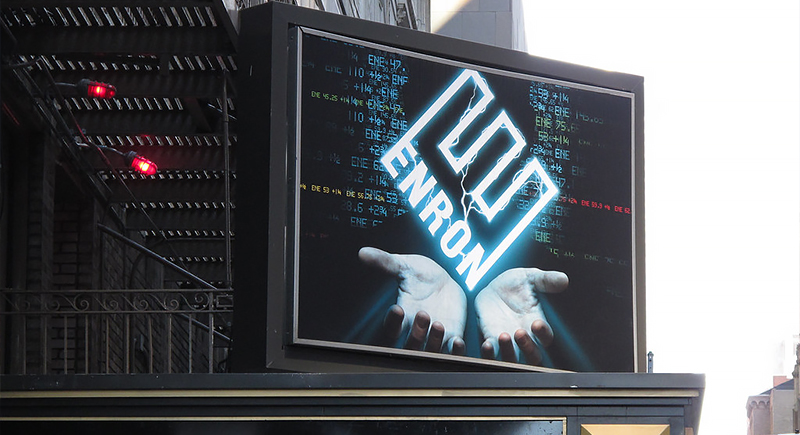
Credit: flickr
The company executives at Enron's used accounting loopholes to hide debt, misleading investors. The scandal unraveled in 2001, leading to its bankruptcy and $74 billion in losses. Clients were ripped off their life savings. Key executives were imprisoned. Now, there's greater transparency and stricter regulations to prevent similar corporate fraud.
Purdue Pharma
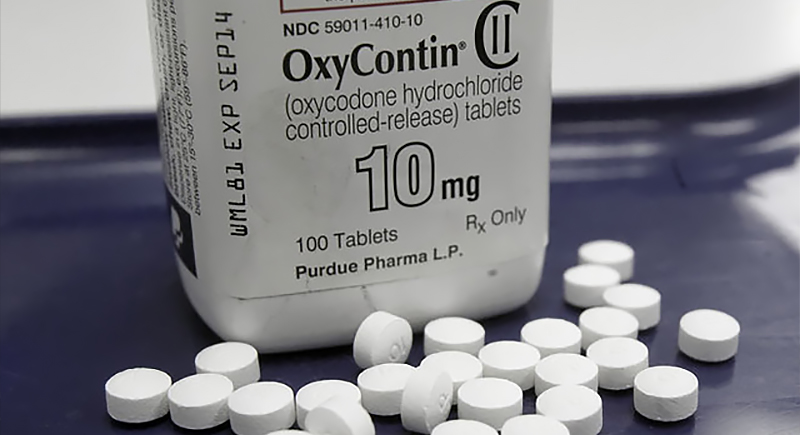
Credit: flickr
This was another company that engaged in misleading marketing. Purdue Pharma aggressively marketed OxyContin, downplaying addiction risks. In 2007, they paid a historic $6 billion settlement and declared bankruptcy. The Sackler family paid $225 million. The company has since shifted focus, actively participating in programs to address opioid addiction.
Theranos
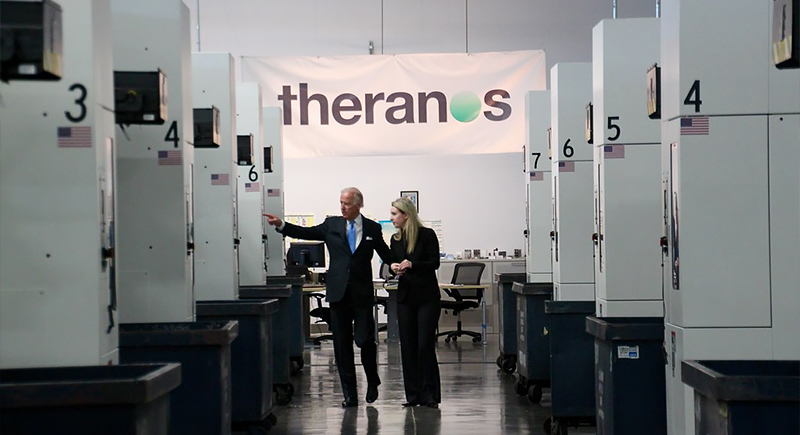
Credit: flickr
Theranos engaged in fraud by claiming to invent a technology that would extensively test tiny blood samples for several medical conditions. The scam was discovered and exposed in 2015. The founders, Elizabeth Holmes and Ramesh Balwani, faced criminal charges. The company was dissolved, demonstrating the significance of verifying medical technology claims.
Bernard L. Madoff Investment Securities
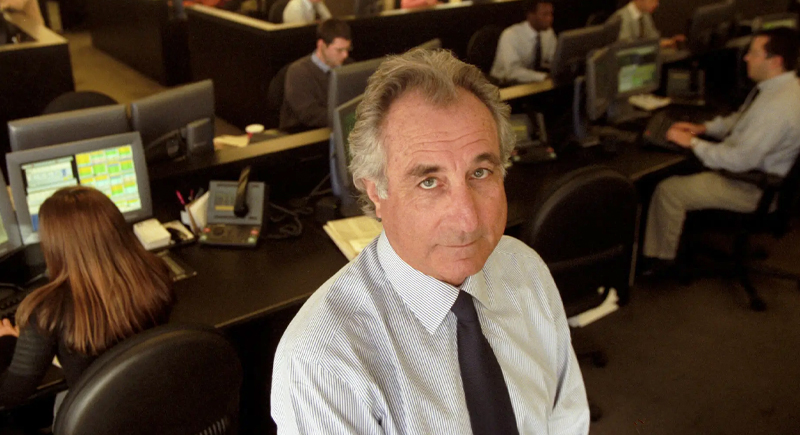
Credit: The New York Times
Bernie Madoff ran a Ponzi scheme that defrauded American investors of $65 billion. Following an expose, he was arrested in 2008 and subsequently sentenced to 150 years in prison. While the company ceased to exist, the scandal signaled stricter financial regulations and increased scrutiny to protect investors from similar schemes.
T-Mobile

Credit: flickr
T-Mobile introduced unwanted services to customer bills without seeking their consent. In 2014, the FTC fined them $90 million after the fraud was exposed. They restructured their billing practices to ensure transparency. Additionally, the company now provides clearer service options, improving customer satisfaction and trust.
Comcast
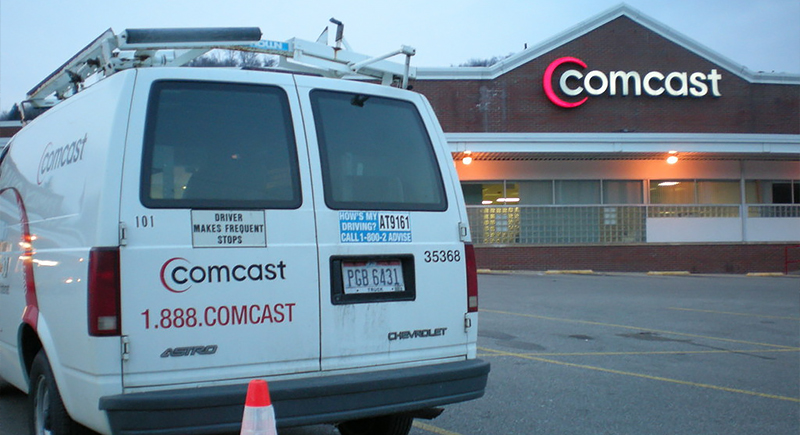
Credit: flickr
This firm gave false information to its customers about service fees and hidden charges. The company was required to pay $1.14 million in refunds after a government investigation. They've since bolstered their billing transparency and made fees clear and straightforward to avoid misleading customers.
AT&T

Credit: flickr
AT&T throttled unlimited data plan speeds without customers knowing it. However, this was soon discovered, and the company had to pay the consequences. In 2019, an agreement with the FTC saw them settle for a $60 million fine. Today, there is more clarity in their dealings, ensuring Americans understand their plans.
Johnson & Johnson
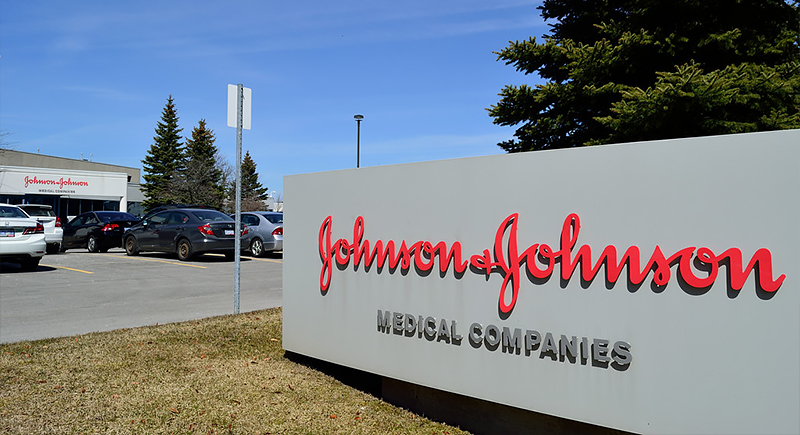
Credit: flickr
This company, Johnson & Johnson, misrepresented facts about baby powder safety. The product was linked to cancer as well. After the discovery of their scam, they were required to pay an estimate of $700 million in lawsuits. They've since eliminated all the talc-based products from their product line.
Bank of America
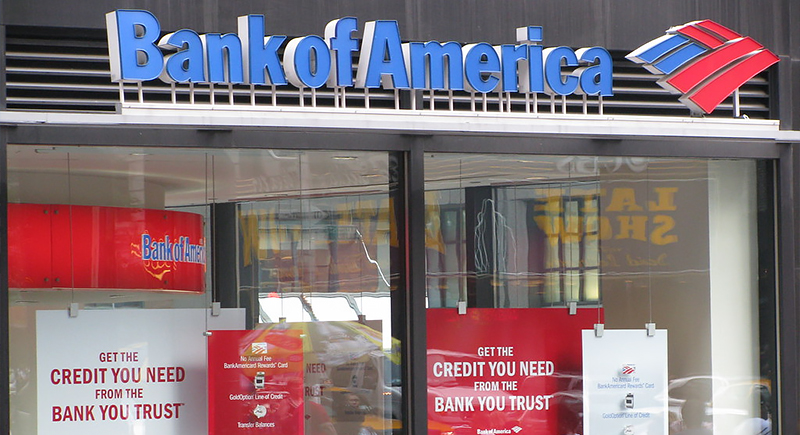
Credit: flickr
Bank of America also included hidden charges on client accounts. In 2014, they agreed to pay a fine of $250 million, as well as other settlements for the lawsuits and refunds. The financial institution was forced to improve transparency and communication. Customers now clearly understand fees and account terms.
Amazon

Credit: flickr
Amazon also forced clients into their Prime plan without prior engagement or clear consent. This came to an end in 2021 when the company was caught in the act. It agreed to a $25 million settlement in fines. They had to revise their sign-up process, making it more transparent.
Apple

Credit: flickr
Apple gradually slowed older iPhones without informing users. These forced users to discard their old phones for newer versions, racking up profits for the company. However, a discovery in the scandal saw the company lose $500 million, which included compensation for affected customers. Now, they provide clearer updates on battery health and performance.
Uber

Credit: flickr
Uber was found to be misclassifying its drivers to ensure they missed out on benefits. After drivers discovered the scam, the company agreed to pay $8.4 million as a settlement to the affected drivers. The company also revised its policies and covered the loopholes that allowed the fraudulent actions. Today, drivers are rightfully compensated.

